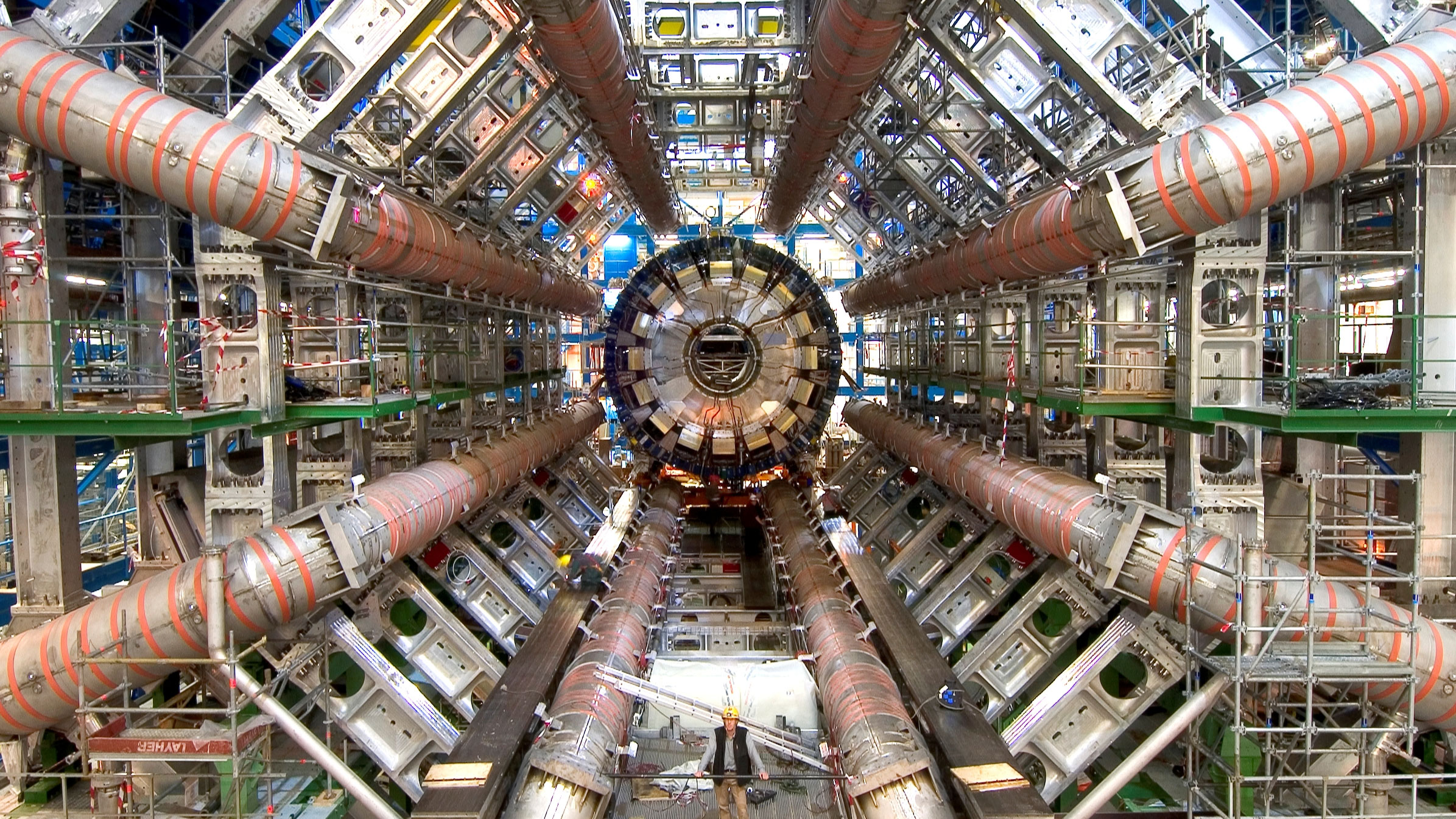How to hire a data scientist
Beating the competition to attract top talent

If you're looking to hire a data scientist, you're not alone. Investment in big data is rocketing, and with it, the need for talented data analysts. Indeed, McKinsey predicts a 50-60 per cent shortage of data scientists by 2018 – and this is only in the U.S.
There may be fierce competition over top analytic talent, but that doesn't mean it is impossible to find. Here are my tips for how to find it:
Create an attractive, growth-oriented offer.
Recruiting a data scientist means entering a ferociously competitive hiring arena. The best candidates are being courted by any number of companies, so employers need to have prepared a tempting offering in order to set themselves apart. Salary is important, but many data scientists are looking for interesting work, not just a lucrative position. Put some time into answering these questions: What kind of career progression can you offer? What projects can you offer your data scientist, and who will she be working with? Inquisitive minds are easily bored, so how can you offer variety within the role?
Look for problem solvers.
Big Data is only truly valuable when it is used to solve problems affecting a company's bottom line. FICO has been hiring data scientists (or analysts, as we used to call them) since 1956, and over the years, we've learnt that the best candidates have more to them than mathematical skill alone. Modelling wizardry is all well and good, but you need someone who can look behind the numbers to the problems beyond. A good data scientist is able to ask smart questions of his data, starting with: What decision are we looking to improve? What are the operational constraints and considerations? How can we measure our improvement?
Complement your existing team.
If you already have data talent in-house, think about how a new recruit can add to your current team. For instance, is your current team versed in programming languages such as Groovy, Pig and Python? If not, think about hiring a data scientist fluent in them. Doing so will give your team the ability to build applications optimised for the manipulation and analysis of Big Data.
Focus on communications.
The best data scientist can communicate her findings clearly to colleagues and clients who don't have analytical background – if she cannot, she risks being as inaccessible as the raw data itself. The best analytical talent can share ideas and insights in a way that is meaningful to any business audience. You can't always judge this from a CV, so be sure your candidates can convey their ideas well in the interview.
Put more emphasis on skills and mindset than degrees.
Of course, a strong background in numerical science is a necessity, but good data scientists must also be detail-oriented, inquisitive and open-minded. You may find you improve your pool of candidates when you lose your blinkers.
Have the candidate interview your current data scientists.
This may sound obvious, but it's important. True data scientists will be able to ask the questions that really reveal a candidate's expertise. Did they manage projects, do hands-on work, or both?
Sign up to the TechRadar Pro newsletter to get all the top news, opinion, features and guidance your business needs to succeed!
Look inwards.
Someone within your organisation may already have the innate ability necessary to the role of a data scientist. Perhaps they are already itching to add to their skillset - why not help them to hone their skills and sponsor them through a retraining programme? It's never too late to teach old dogs new tricks.
- Andrew Jennings is FICO's chief analytics officer and head of FICO Labs. He joined the company in 1994.